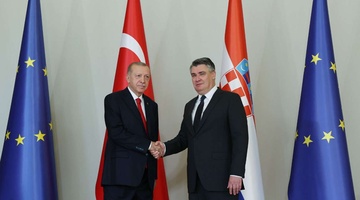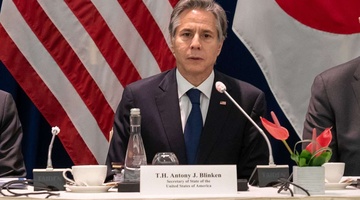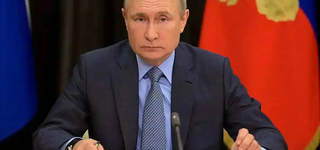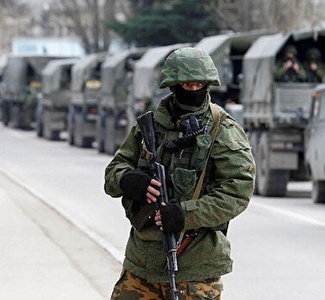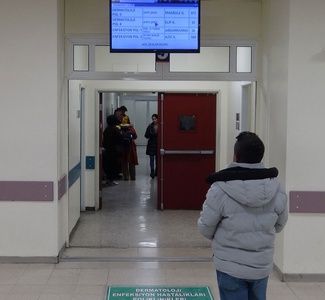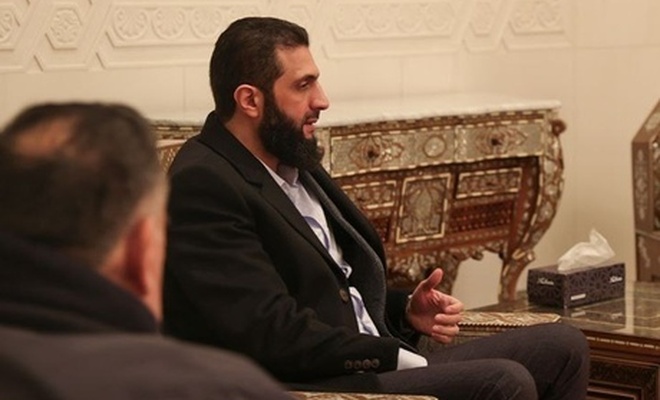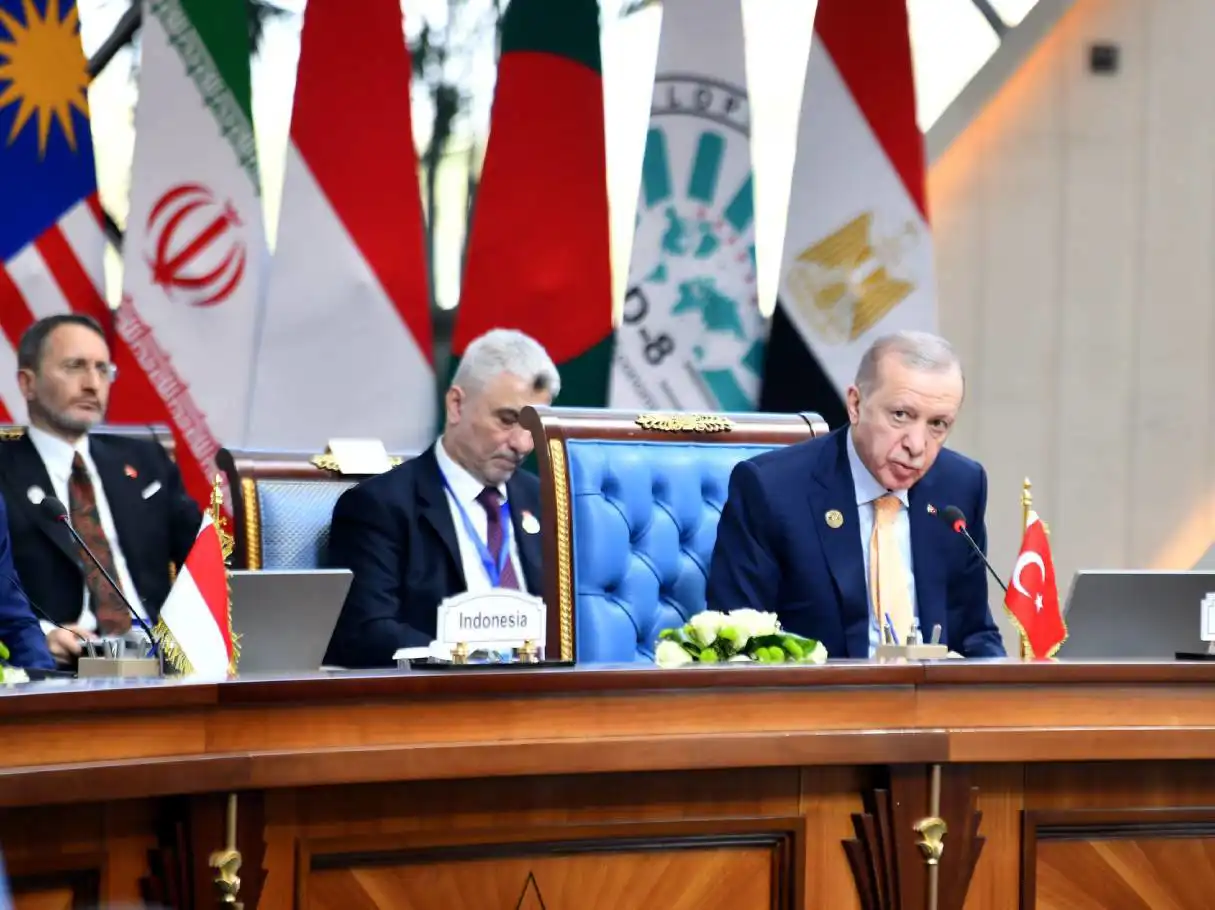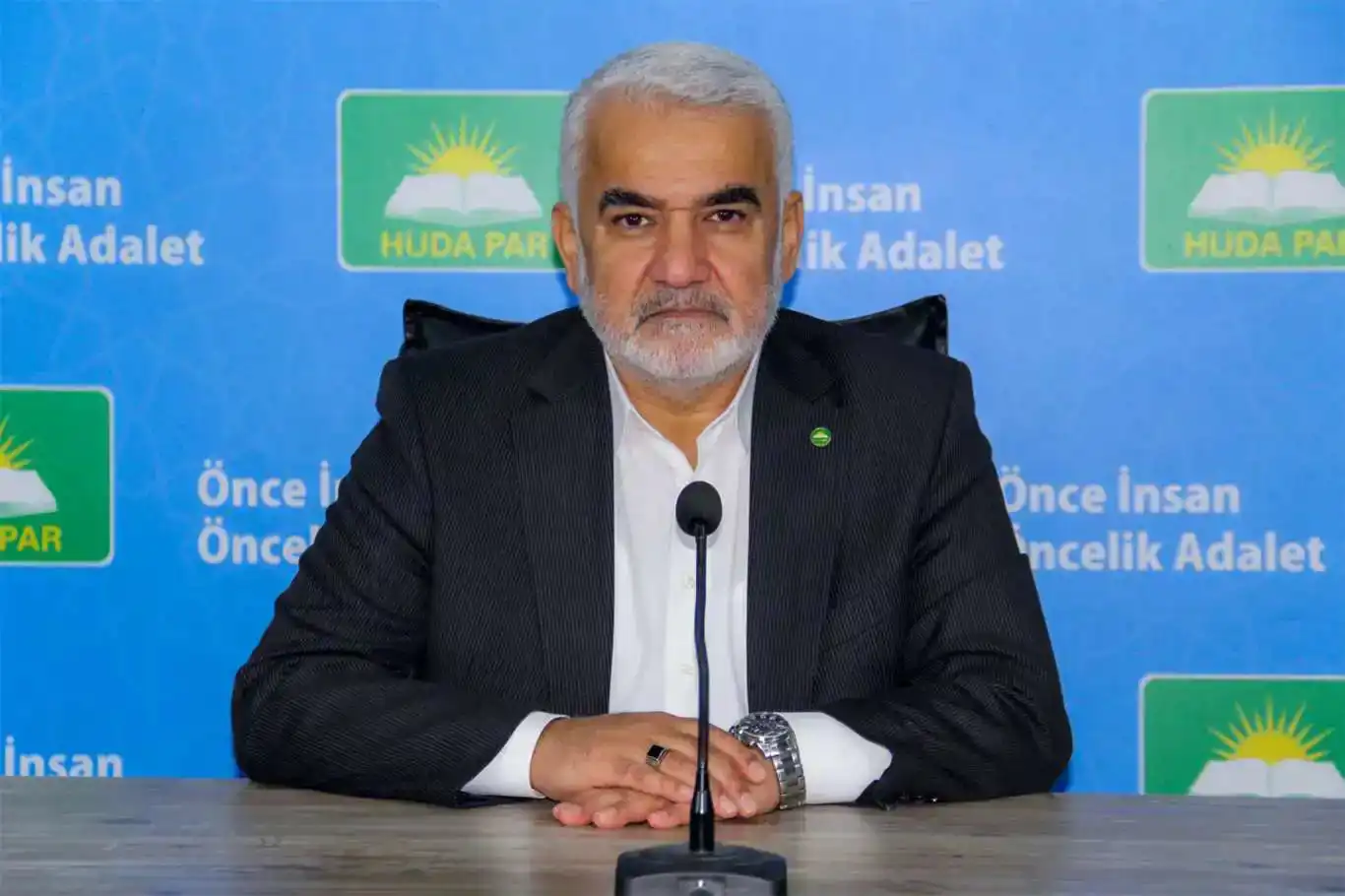Turkish presidency holds “UN Security Council Reform” panel in Tokyo
Turkish Presidency's Directorate of Communications held a panel titled "United Nations (UN) Security Council Reform: A New Approach to Reconstructing the International Order" in Tokyo, the capital of Japan.
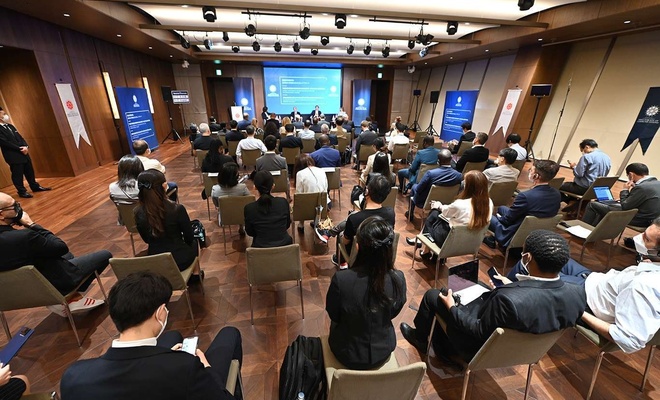
 Google News'te Doğruhaber'e abone olun.
Google News'te Doğruhaber'e abone olun. Takahiro Shinyo, former Ambassador of Japan to the United Nations and Germany and Vice President of Kwansei Gakuin University, Prof. Toshiya Hoshino from Osaka School of International Public Policy and Assoc. Prof. Gonca Oğuz Gök from Marmara University’s Faculty of Political Sciences attended the panel moderated by SETA Washington-DC Research Director Assoc. Prof. Kılıç Buğra Kanat.
The goal of the UN Security Council Reform panel series, which recently took place in Italy, Argentina, England, Norway, France, Sweden, Germany, South Africa and South Korea, is to inform the international community of Türkiye’s stance and policy on the United Nations reform embodied by President Recep Tayyip Erdoğan's remark that "The world is bigger than five”.
The panel started with the video message sent by the Presidency’s Director of Communications, Fahrettin Altun.
After the video message of Director of Communications Fahrettin Altun, one of the panellists, Takahiro Shinyo, noted that the United Nations system has achieved success in addressing issues such as the pandemic, the spread of diseases, and the alleviation of poverty and that UN-affiliated institutions such as UNESCO, UNDP and UNHCR are important, but there are important discussions about the UN Security Council. Shinyo stated that the UNSC is experiencing a credibility crisis and that the aim of the UNSC reform would be to change the structure of the Council. Shinyo talked about the idea of giving non-permanent UNSC members a status akin to "semi-permanent" members by extending their terms of office. Takahiro concluded his remarks by stating that the permanent members of the UNSC may also change in the long run.
Prof. Toshiya Hoshino began by stating that the necessity for the reform of the UNSC is undisputed but that the issue has lost momentum. Emphasizing that the world has changed in the last 70 years, Hoshino wished for swift action to ensure the UNSC’s legitimacy and for a substantial restructuring of the organization. Hoshino also underlined that the content of the concept of security has changed and that issues such as climate change and pandemics should be addressed within the context of human security. Hoshiya stated that more concrete steps should be taken on the topic of reform, which has been discussed for thirty years and highlighted that a draft should be disseminated until December 2023, with the topic of reform continuing through this draft.
Assoc. Prof. Gonca Oğuz Gök stated that the main power of the United Nations comes from its status as a universal and international organization and started her speech by stating that the UN Security Council is currently undergoing a legitimacy crisis. Gök suggested that procedural reforms would not successfully resolve this crisis and that the UN reform process may acquire momentum through multilateral initiatives spearheaded by rising middle-power nations. Gök closed her remarks by stating that UNSC reform is essential for establishing a more legitimate, egalitarian, efficient, and equitable international order. (ILKHA)




























